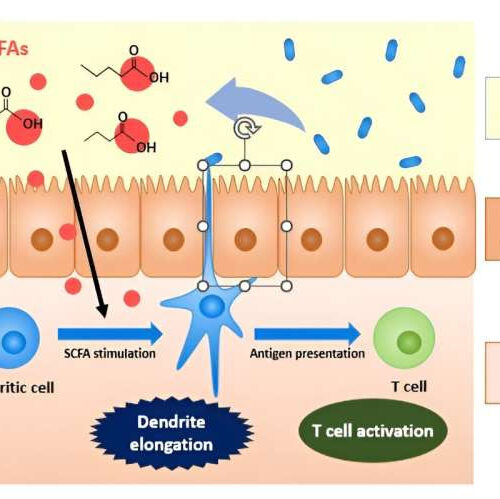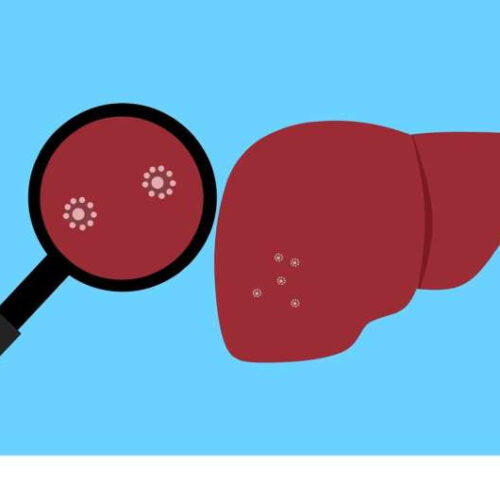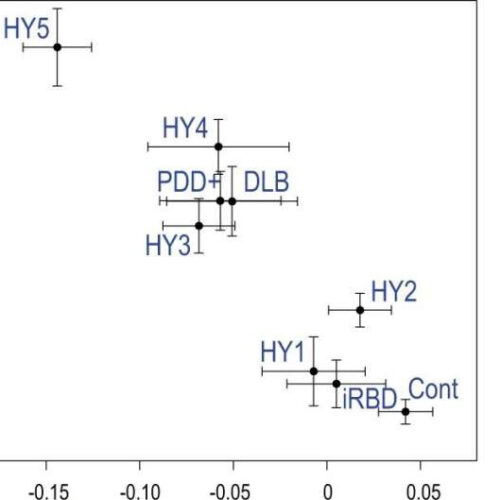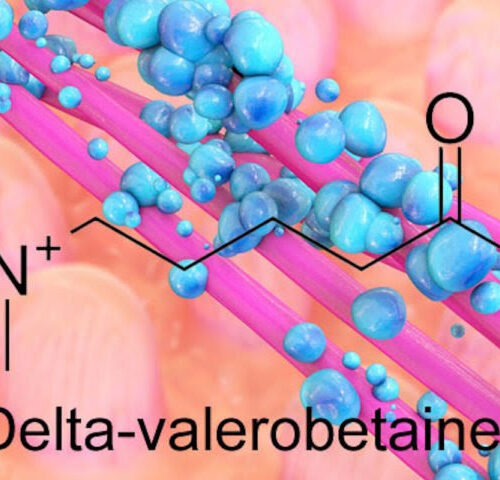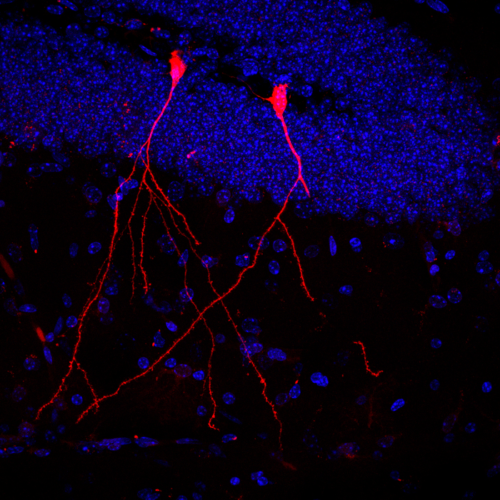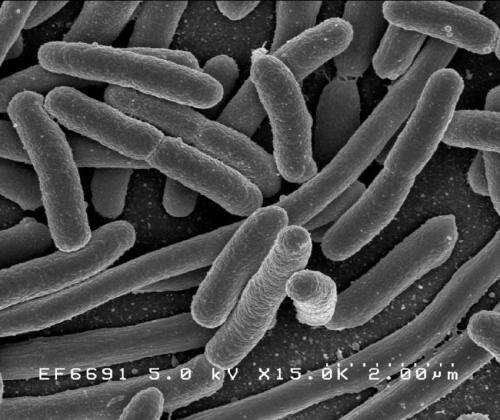Passing gas, especially very smelly gas, can be an embarrassing problem. Fortunately, home remedies such as diet and lifestyle changes can often prevent bad-smelling gas. In most cases, it is natural and healthy for a person to experience intestinal gas. It is not uncommon for farts to be either smelly or produce no odor at...
Tag: <span>Intestinal bacteria</span>
Intestinal bacteria metabolite found to promote capture of antigens by dendritic cells
by Okayama University A recent study by Okayama University researchers found that short-chain fatty acids produced by intestinal bacteria trigger the extension of the dendrites of dendritic cells by inhibiting an enzyme known as histone deacetylase. This results in a stonger immune response. Credit: Dr. Kazuyuki Furuta from Okayama University, Japan Dendritic cells play a key...
Vesicles produced by intestinal bacteria may cause a malignant cycle in patients with cirrhosis
by Niigata University Credit: Pixabay/CC0 Public Domain Researchers from Niigata University and Kyoto Prefectural University have revealed that small vesicles, around 100 nm in size, released by intestinal bacteria induce immune activation and progression of liver cirrhosis, as well as a reduction of serum albumin levels, subsequently leading to edema and ascites. The research is published in the...
Researchers identify three intestinal bacteria found in dementia with Lewy bodies
by Nagoya University PCoA and tmap plots. a PCoA plot showing the centers of gravity and the standard errors of the overall compositions of gut microbiota in nine disease states. Bray-Curtis distance was used as a distance metric. b An integrated topological map, tmap, showing how close genera, disease states, and clinical features are to...
Intestinal bacteria modulate metabolism: link to obesity
The bacteria inside our guts are fine-tuning our metabolism, depending on our diet, and new research suggests how they accomplish it. Emory researchers have identified an obesity-promoting chemical produced by intestinal bacteria. The chemical, called delta-valerobetaine, suppresses the liver’s capacity to oxidize fatty acids. The findings were recently published in Nature Metabolism. Image credit: Emory University...
By capsule through the bloodstream: How intestinal bacteria communicate with the body
IMAGE: IN THE BRAIN OF THE TRANSGENIC MOUSE, TWO NERVE CELLS GLOW RED BECAUSE THEY HAVE ABSORBED MEMBRANE VESICLES CONTAINING FUNCTIONAL PROTEIN FROM INTESTINAL BACTERIA. BLUE: NUCLEI OF THE OTHER CELLS IN THE BRAIN TISSUE. CREDIT: STEFAN MOMMA, GOETHE UNIVERSITY FRANKFURT, GERMANY FRANKFURT. In the human body, bacteria are in the majority: According to estimates,...
Lower antibiotic resistance in intestinal bacteria with forgotten antibiotic
by Linköping University Escherichia coli. Credit: Rocky Mountain Laboratories, NIAID, NIH A forgotten antibiotic, temocillin, led to lower selection of resistant bacteria than the standard treatment for febrile urinary tract infection, in a study published in The Lancet Infectious Diseases. Thus, temocillin may be useful in treating severe urinary tract infections that give rise to fever,...
Intestinal bacteria may protect against diabetes
A high concentration of indolepropionic acid in the serum protects against type 2 diabetes, shows a new study from the University of Eastern Finland. Indolepropionic acid is a metabolite produced by intestinal bacteria, and its production is boosted by a fibre-rich diet. According to the researchers, the discovery provides additional insight into the role of...


